France’s foreign policy misfire Experts slam Barrot’s comments on Azerbaijan
At a meeting of EU foreign ministers in Luxembourg, France’s Minister for Europe and Foreign Affairs Jean-Noël Barrot stated: “Regarding Azerbaijan, I am extremely concerned about the rising tensions along the border. I hope that the European mission deployed on the ground can be reinforced in order to effectively monitor the situation and help reduce these tensions. A peace agreement must finally be signed, and arbitrarily detained individuals and prisoners must be released.”
There are several key points in this statement. First, Barrot expresses his “concern,” but for some reason does not criticise the inaction of the spy mission’s personnel, merely expressing hope that it will be “reinforced.” Presumably, this refers to increasing its numbers?
The second point concerns the peace agreement. According to the minister, it “must finally be signed.” However, the French Foreign Minister offers no explanation as to why this process has not yet been completed. Who or what is delaying its conclusion? Who is responsible for moving it forward?
The answer is clear: Armenia is in no hurry to fulfil the two key conditions set by Baku — to initiate the dissolution of the OSCE Minsk Group and to hold a referendum on removing constitutional provisions that cast doubt on the territorial affiliation of Karabakh.
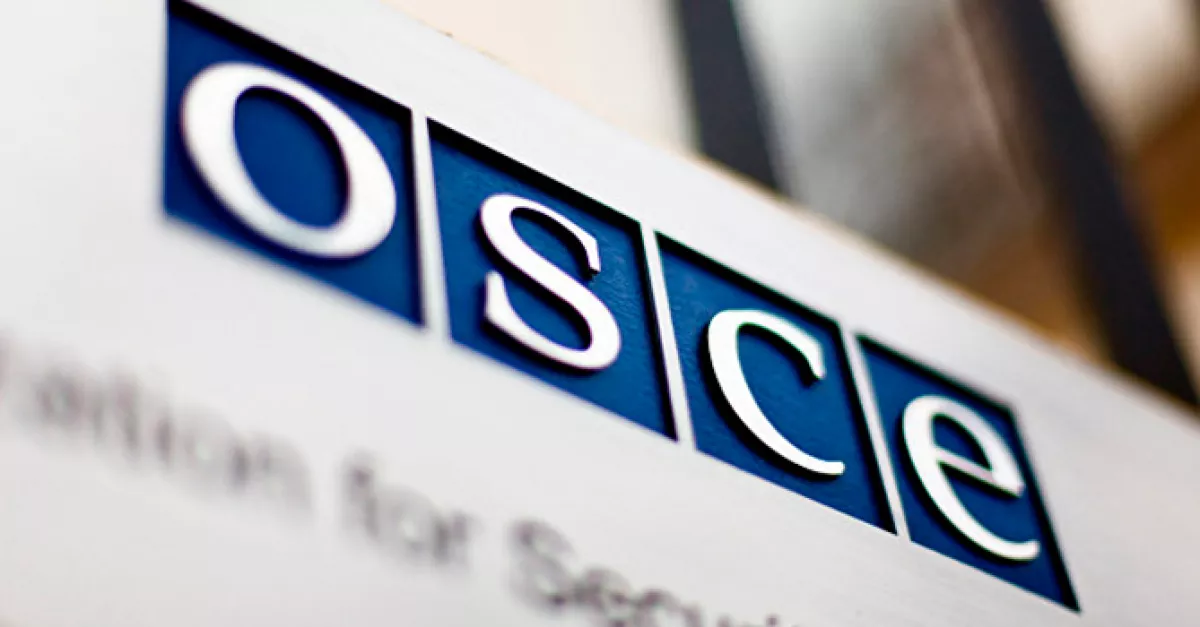
Nevertheless, Barrot demands the release of the separatist leaders who are currently on trial in Baku, referring to them as "arbitrarily detained individuals and prisoners." However, these are individuals who held senior positions in the so-called "Nagorno-Karabakh Republic" (NKR), and therefore, they are accused of crimes against the territorial integrity of Azerbaijan.
Why does the French Foreign Minister refer to them as "prisoners"? What is the reason for this approach? What is the head of France's foreign ministry trying to achieve by placing the entire responsibility solely on Azerbaijan?
Well-known experts shared their opinions on this matter with Caliber.Az.
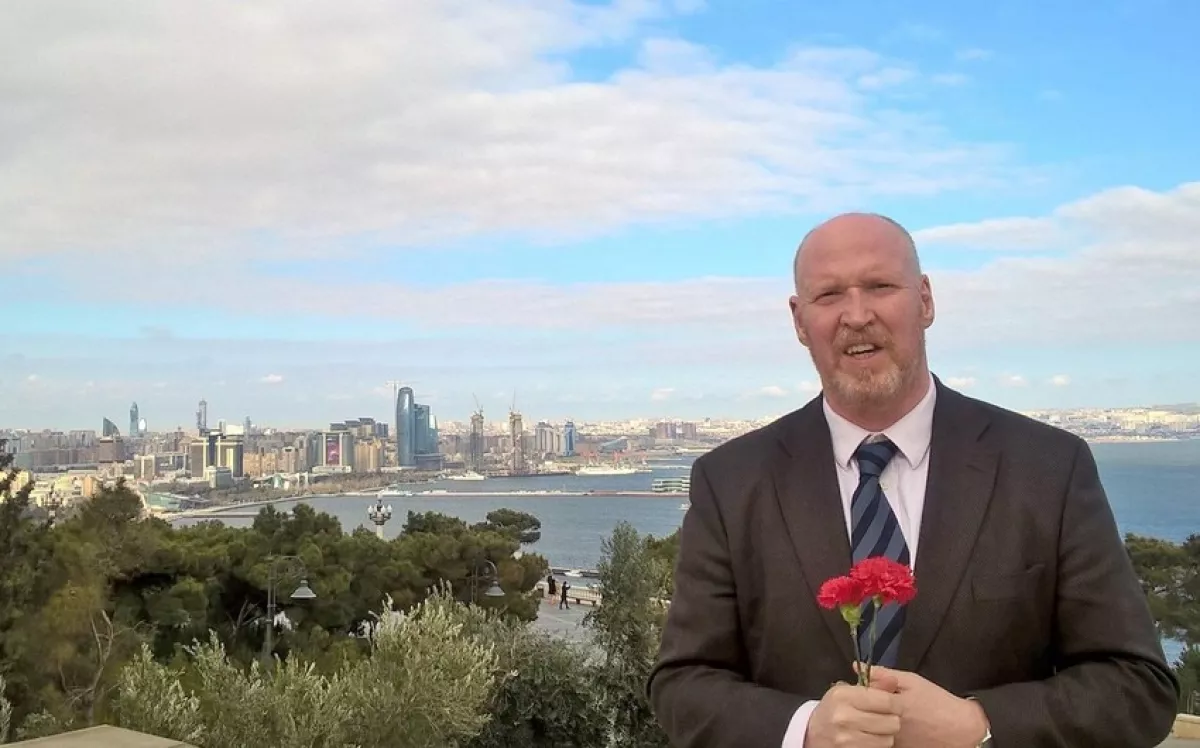
Irish political scientist and historian Patrick Walsh notes that significant changes have occurred in the world since Donald Trump’s second election as U.S. president.
"The U.S. has abandoned its role as a moral leader and guardian of 'Western liberal values.' The administration has adopted a more realistic stance. In the absence of the U.S., Europeans have decided to assume the role of the punishing force. However, the 'European sword' is far less formidable than the American one, and it is likely to break without Washington's support.
This is particularly evident in the case of Ukraine, but it is also clearly visible in the South Caucasus," the historian explains.
According to him, without U.S. support, Europeans are either powerless or risk humiliation in the event of an escalation.
"Their calls for a settlement sound pitiful. They are aware of the unresolved issues and should have been pressuring Yerevan. But they are not prepared to do so, nor do they have the necessary tools.
In 1998, the Good Friday Agreement in Northern Ireland was achieved due to the U.S.'s influence on the UK. In the case of the South Caucasus, nothing like that exists.
France’s attempts to shift the responsibility onto Azerbaijan play well with the domestic audience and are effective only in French domestic politics. However, in terms of achieving peace between Armenia and Azerbaijan, this approach by Paris is completely ineffective and even harmful," Walsh believes.
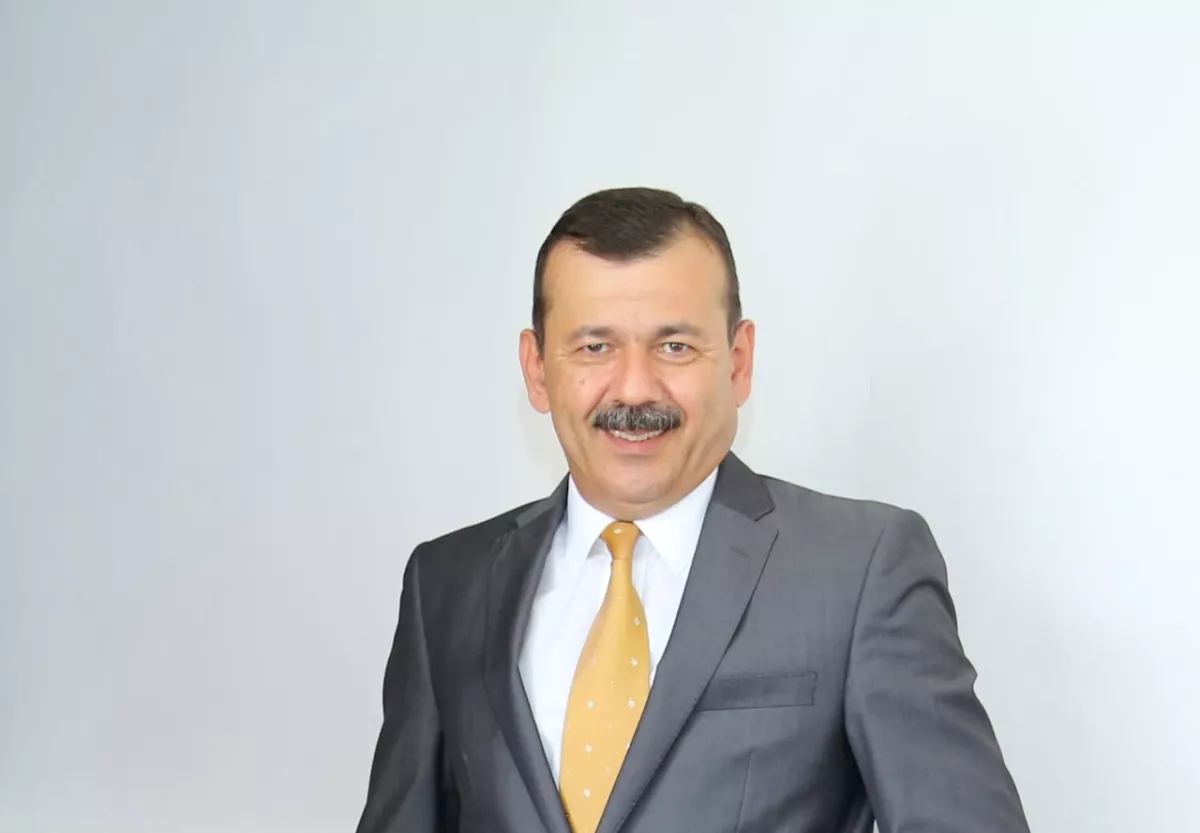
Azerbaijani political commentator Murad Sadaddinov, in turn, noted with irony that such statements from representatives of the French leadership have become routine.
"Such outbursts stem solely from the interests of France and Armenia, often running counter to international law. This was the case during the 30 years of occupation of Azerbaijani territories, and during the 44-day war, when France made statements that contradicted international legislation.
Since the end of the conflict, Paris has seemingly refused to come to terms with the new reality: Azerbaijan has restored its territorial integrity in accordance with the UN Charter. France is losing its levers of influence in the South Caucasus and is desperately clinging to any excuse to maintain even a minimal presence in the region.
Hence, the initiative to reinforce the EU monitoring mission. Although it formally operates on behalf of the entire European Union, it is effectively controlled by France and serves its foreign policy interests.
So it turns out that the minister talks about 'tensions', while the mission itself remains silent. In the end, this entire story seems more like rumours spun for France’s benefit," Sadaddinov explains.
In his view, Barrot would do better to focus on France’s own problems.
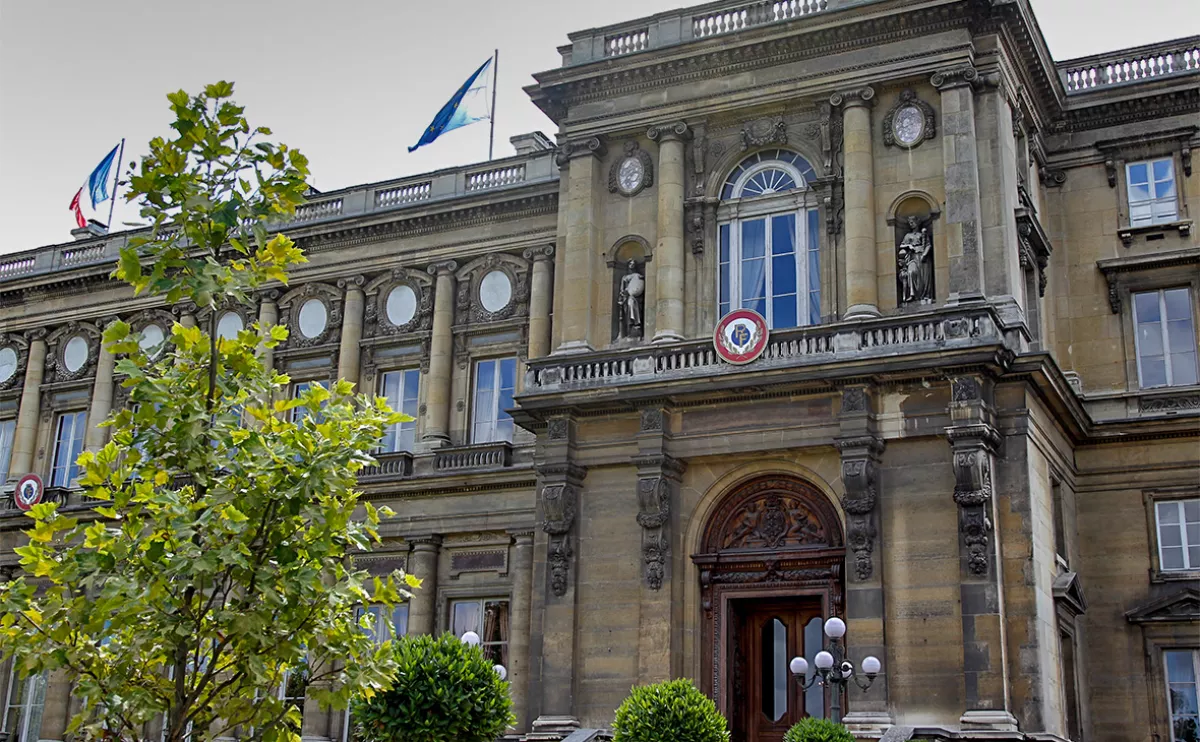
“For example,” Sadaddinov continues, “Algeria is preparing to deport 12 staff members of the French embassy. That scandal falls directly within the French Foreign Minister’s area of responsibility. He would do better to focus on issues related to former colonies, where France carried out genocidal policies, conducted nuclear tests, and committed other crimes for which it has yet to apologise.
As for the OSCE Minsk Group, the situation is quite simple: France is a member, and its dissolution would strip Paris of a formal tool of influence in the South Caucasus. That doesn’t align with France’s interests—hence the noise being made.
But Azerbaijan will not sign a peace treaty until all disagreements are resolved. Signing such a document without addressing the core conditions would render it a meaningless formality.
We insist on the removal of all territorial claims from the Armenian constitution — this is a matter of international law. The OSCE Minsk Group must also be formally dissolved.
If France truly wants peace, then it should exert pressure on Armenia — with whom it enjoys excellent relations — to resolve these two issues as quickly as possible,” the commentator added.
As for the trials of former separatist leaders who committed military and civilian crimes on Azerbaijani territory over the past 30 years, they are being conducted in full accordance with both international and Azerbaijani law.
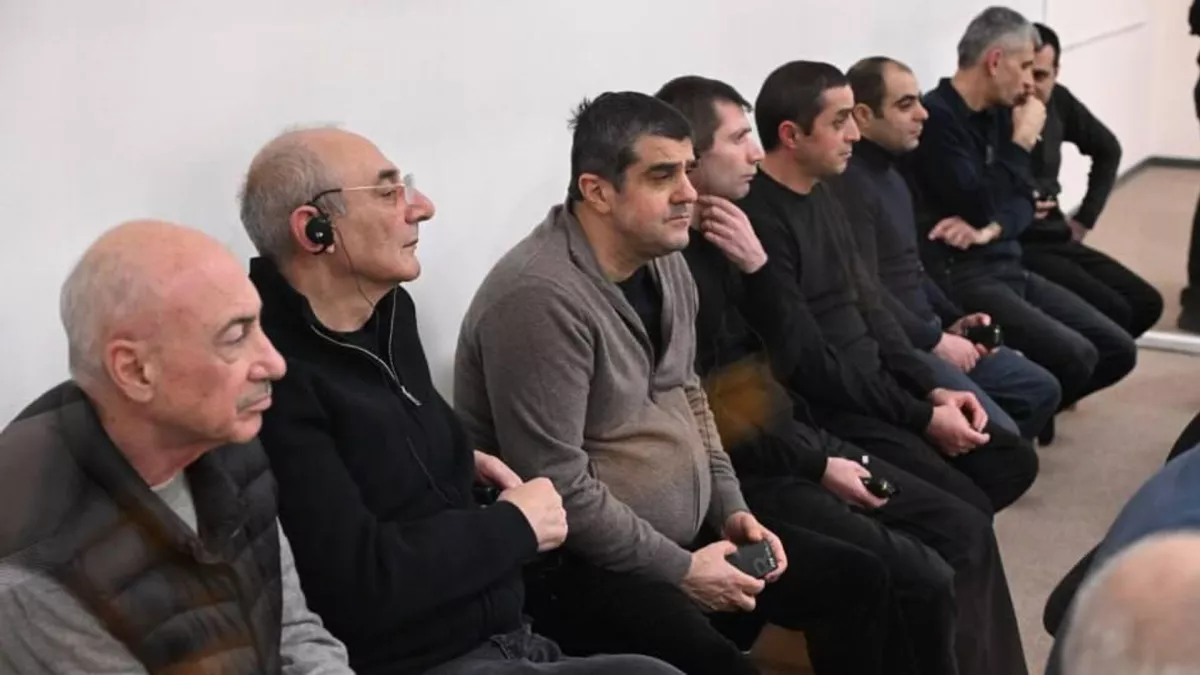
“These individuals are being held accountable for their actions. And during the hearings, we are already hearing admissions and expressions of remorse from them. Regardless of statements from external actors, including Minister Barrot, the court will see the process through. The guilty will be punished.
I would advise the French side not to interfere. If they believe that those accused of war crimes should be released, then why did France take part in the Nuremberg Trials? Why does it not question their verdicts?
Ongoing proceedings in Baku may reveal facts about France’s involvement in separatist activities. Paris likely fears that these episodes could be formally recorded by the court — and that one day, it will have to answer for them.
These arguments are more than enough to put an end to any further discussion of the French minister’s statements,” Sadaddinov concluded.








